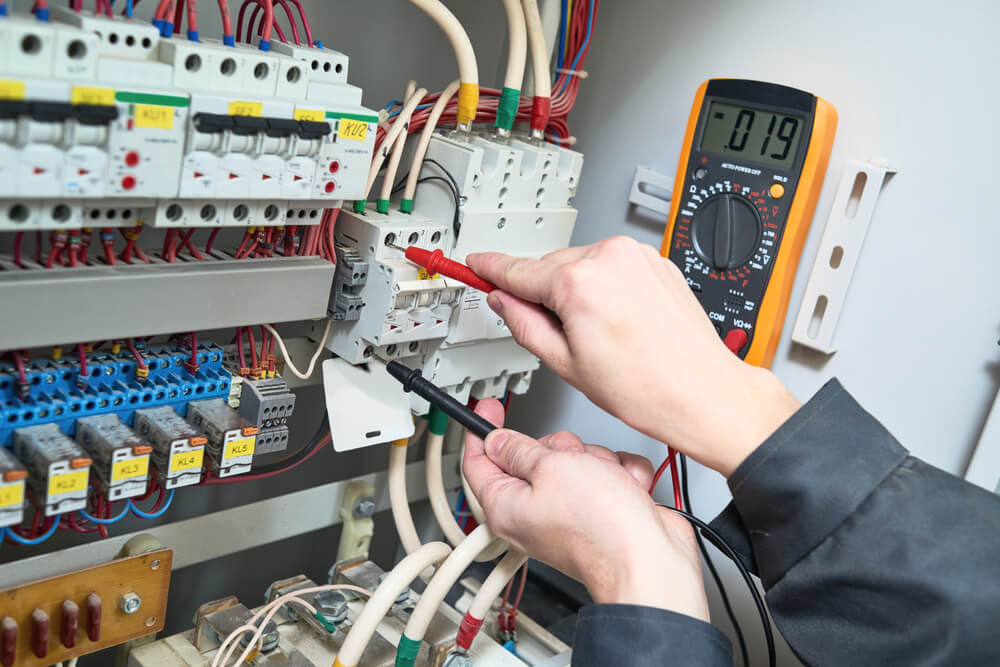Addressing the Requirement for Ladies’ Banking Administrations
All through the Muslim world, banks and monetary organizations have encountered a huge ascent in their number of female clients as of late. The quantity of banks and UniCredit Investment organizations made explicitly for ladies has soar across the Center East. Assessed to control around 246 billion of the locale’s abundance projected to hit 383 billion by 2011 , ladies in the Center East are viewed today by global banks as monetary forces to be reckoned with. The new ascent in this market can be ascribed to the rising job of Muslim ladies in the work environment. Answerable for controlling family and family funds for quite a long time, ladies have likewise experienced new strengthening and opportunity by the way they spend their cash. With new open doors for training on the ascent and that is just the beginning and more ladies entering the labor force, ladies have become urgent objective clients to the monetary business.
The Job of Ladies in the Muslim World
It is anything but another idea for Muslim ladies to be in charge of the family funds, however presently they are engaged to get out of the home, cash close by. They have cash to spend and contribute and they are searching for similar andrea orcel net worth open doors made accessible to men. A recent report by the Global Money Company, an arm of the World Bank, found that 33% of ladies possessed undertakings in the Unified Middle Easterner Emirates produced more than 100,000 per year, contrasted with just 13% of American ladies claimed firms.
Ladies on the Home Front
Today, numerous Muslim ladies have critical fluid resources, somewhat as a result of Islamic legacy regulation. Islamic regulation directs that a wedded lady’s abundance is her own; spending on the family is her significant other’s liability. Muslim ladies are lawfully qualified for acquire and pass on property, holding their abundance in their own names even after marriage, without commitment to contribute that abundance to their significant other or their loved ones. Since Muslim ladies do not need to depend on their spouses as their main wellspring of assets for homegrown and family buys, they have generally overseen most parts of family finance. Today, ladies all through the Muslim world assume a much more dynamic part in the monetary exchanges of their families, giving them to a greater extent a say as far as buying power and dynamic power. With these obligations, ladies require banking administrations that both grasp their necessities and can assist them with dealing with the difficulties they face in pursuing the best monetary choices for their families.




